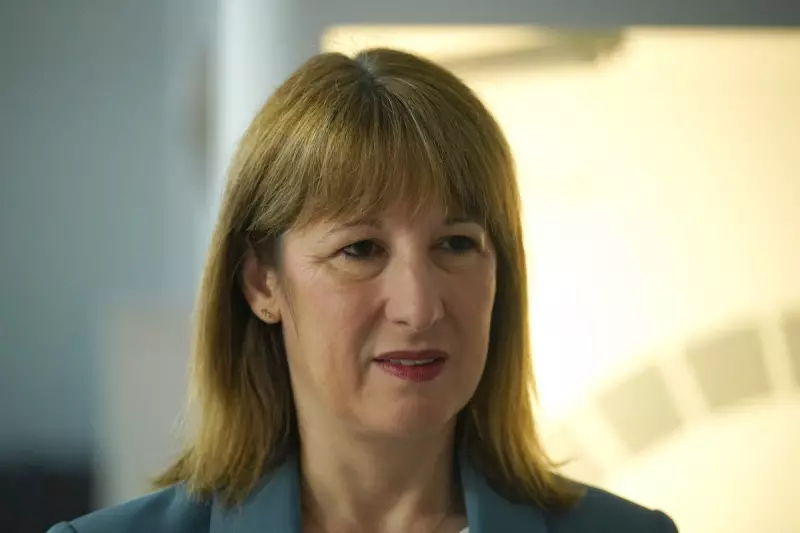
Labour's shadow chancellor, Rachel Reeves, has come under scrutiny after the National Institute of Economic and Social Research (NIESR) dismissed her economic growth projections as overly optimistic. The think tank labelled her targets a "fairy tale," casting doubt on Labour's fiscal strategy ahead of the next general election.
NIESR Challenges Labour's Economic Vision
The NIESR report suggests that Reeves' claims of boosting economic growth without significant tax hikes or spending cuts are unrealistic. The institute argues that achieving such growth would require either higher borrowing or deeper austerity measures—options Labour has so far avoided endorsing.
Conservatives Seize on Criticism
Tory Work and Pensions Secretary Mel Stride quickly capitalised on the report, accusing Labour of "magic economics" and lacking a credible plan. The Conservatives have framed the NIESR's assessment as proof that Labour's policies are economically unsound.
Reeves Defends Labour's Approach
Reeves has pushed back, insisting that Labour's strategy focuses on long-term investment in infrastructure, skills, and green energy to stimulate growth. She argues that the Conservatives' own economic record—marked by sluggish growth and rising debt—undermines their credibility.
What This Means for the Election
With economic policy set to be a key battleground in the upcoming election, the NIESR's critique adds fuel to an already heated debate. Both parties are vying to convince voters that their approach offers the best path to prosperity.





